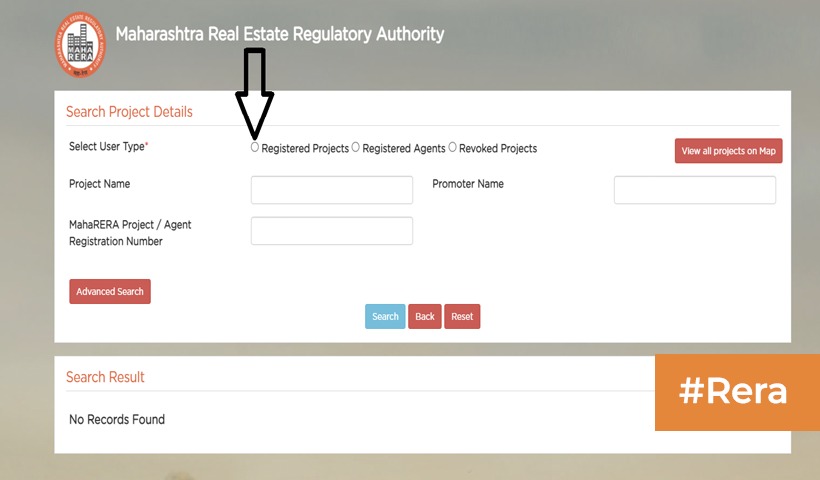Unlocking RERA: Your Complete Guide
The Real Estate (Regulation and Development) Act, commonly referred to as RERA, has significantly transformed the real estate landscape in India and several other countries. In this comprehensive guide, we’ll delve into the full form of RERA and everything you need to know about this landmark legislation.
Introduction to RERA
RERA, enacted by the Indian Parliament in 2016, aims to protect the interests of homebuyers and regulate the real estate sector. It addresses the longstanding issues of delays, fraud, and lack of transparency that plagued the industry for years.
Understanding the Full Form of RERA
RERA stands for Real Estate (Regulation and Development) Act. It embodies the principles of transparency, accountability, and consumer protection within the real estate sector.
Purpose of RERA
Protecting Homebuyers
One of the primary objectives of RERA is to safeguard the interests of homebuyers. It achieves this by mandating developers to register their projects with the regulatory authority, thereby ensuring transparency in project details, timelines, and finances.
Regulating the Real Estate Sector
RERA plays a crucial role in regulating the operations of real estate developers and agents. By imposing strict guidelines and penalties for non-compliance, it aims to instill discipline and accountability in the industry.
Key Features of RERA
Registration of Projects and Agents
Under RERA, developers and real estate agents are required to register themselves and their projects with the regulatory authority before commencing any transactions. This ensures that all stakeholders operate within the ambit of the law.
Transparency and Accountability
RERA mandates developers to provide accurate and comprehensive information about their projects, including layout plans, land titles, and completion schedules. This transparency fosters trust among homebuyers and reduces the likelihood of disputes.
Dispute Resolution Mechanism
One of the noteworthy features of RERA is its provision for resolving disputes between buyers and developers through dedicated authorities. This expedites the resolution process and provides a fair and impartial platform for grievances to be addressed.
Benefits of RERA
Increased Transparency
RERA has significantly enhanced transparency within the real estate sector by mandating developers to disclose project-related information upfront. This empowers homebuyers to make informed decisions and reduces the incidence of fraud and misrepresentation.
Timely Delivery of Projects
With stringent penalties for project delays, RERA incentivizes developers to adhere to promised timelines and deliver projects on schedule. This ensures that homebuyers receive possession of their properties as per the agreed-upon terms.
Reducing Fraudulent Practices
By requiring developers to deposit a percentage of project funds into a designated escrow account, RERA mitigates the risk of diversion of funds and fraudulent activities. This protects the interests of homebuyers and promotes financial discipline within the industry.
Impact of RERA on the Real Estate Market
The implementation of RERA has had a profound impact on the real estate market, fostering a more transparent and accountable ecosystem. It has restored confidence among homebuyers and investors, leading to greater participation and growth in the sector.
Implementation of RERA in Different Countries
Inspired by the success of RERA in India, several countries have adopted similar legislation to regulate their respective real estate markets. Each jurisdiction customizes the framework to suit its unique challenges and requirements while upholding the core principles of consumer protection and transparency.
Challenges Faced by RERA
While RERA has been instrumental in reforming the real estate sector, it also faces certain challenges such as administrative bottlenecks, varying interpretations of the law, and resistance from vested interests. Addressing these challenges is essential to ensure the effective implementation and enforcement of RERA provisions.
Future of RERA
The future of RERA looks promising, with ongoing efforts to strengthen its framework and address emerging issues within the real estate sector. As technology continues to evolve, leveraging digital solutions for regulatory compliance and dispute resolution will be pivotal in enhancing the efficiency and effectiveness of RERA.
Conclusion
In conclusion, RERA represents a significant milestone in the regulation and development of the real estate sector. By prioritizing consumer interests and promoting transparency and accountability, RERA has ushered in a new era of trust and credibility in the industry.
FAQs
- Is RERA applicable to all real estate projects?
- Yes, RERA applies to both residential and commercial real estate projects meeting certain criteria specified under the law.
- What are the penalties for non-compliance with RERA regulations?
- Developers and agents failing to comply with RERA regulations may face penalties ranging from fines to imprisonment, depending on the severity of the violation.
- Can homebuyers file complaints under RERA?
- Yes, homebuyers have the right to file complaints against developers or agents for any grievances related to RERA compliance or project delivery.
- How has RERA impacted property prices?
- While RERA has led to increased transparency and quality assurance, it may also have contributed to a slight increase in property prices due to compliance costs for developers.
- Are there any exemptions under RERA?
- Certain projects, such as those with less than a specified number of units or those completed before the enactment of RERA, may be exempt from certain provisions of the law.
Disclaimer: The views expressed above are for informational purposes only based on industry reports and related news stories. PropertyPistol does not guarantee the accuracy, completeness, or reliability of the information and shall not be held responsible for any action taken based on the published information.




